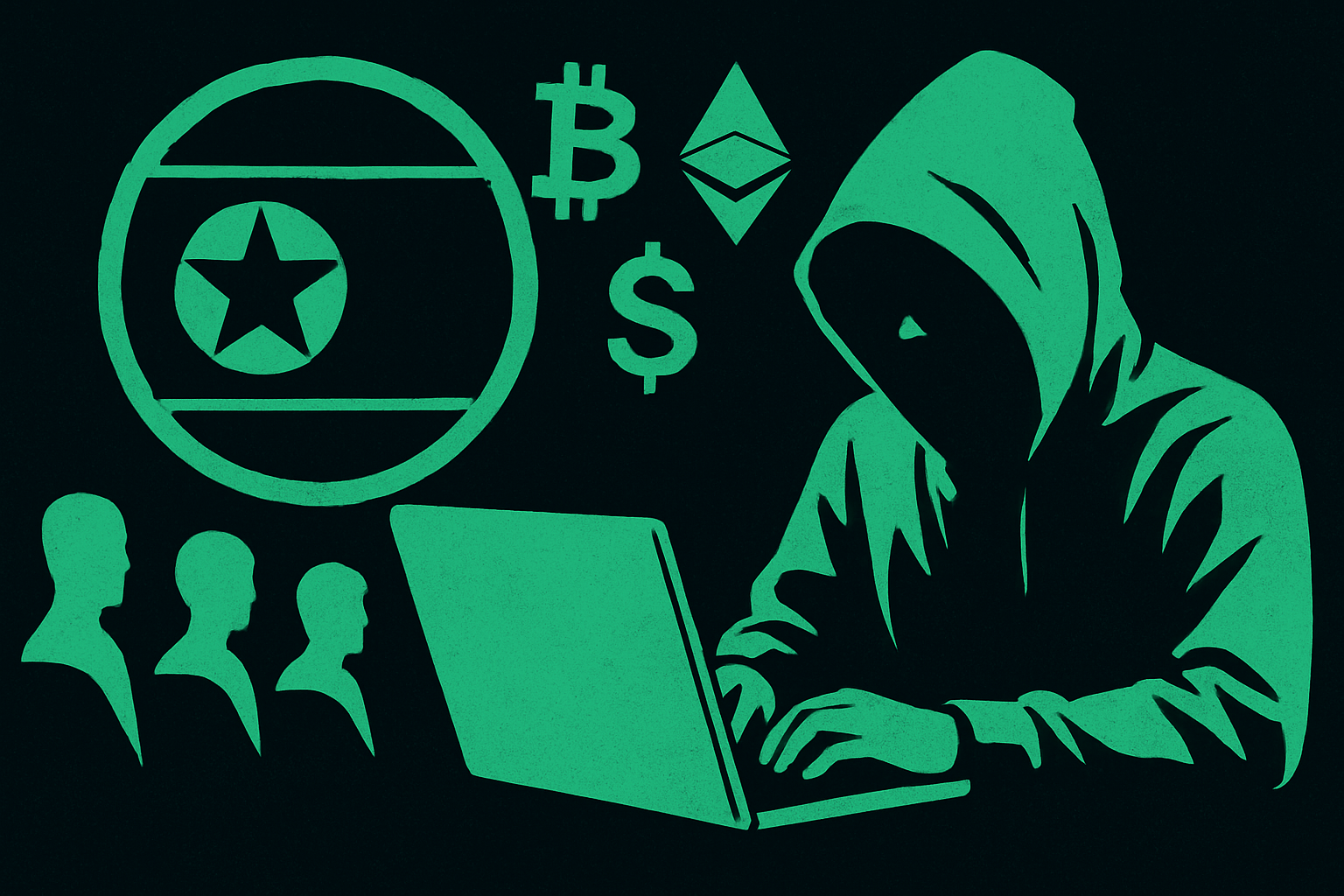ARTICLE AD BOX

- Crypto wallet draining attacks have surged amid recent theft of Apple and Google passwords as the breach features newly-compromised, categorized credentials, including two-factor bypass tokens for platforms like MetaMask.
- Hackers are exploiting the leaked data to breach not only email accounts and social media profiles but also cryptocurrency wallets, particularly for users who rely on single-factor authentication or reuse passwords.
In a record-breaking leak spanning across top tech giants like Apple, Google, Facebook, and others, a total of 16 billion passwords were leaked, triggering a global security alert across financial markets. Experts confirm that this is not a recycled breach but a collection of newly-compromised logins, many of which were previously unseen.
These credentials are now driving a surge in wallet-draining attacks and phishing campaigns targeting both centralized exchanges and DeFi users.
Hackers Crack Two-Factor Authentication For Crypto Exchanges
This event marks one of the largest data breaches, compromising 30 massive databases filled with information collected by advanced infostealer malware and stored on unsecured cloud servers.
Unlike previous leaks, these credentials are recent, usable, and categorized by service, including logins, session cookies, and even two-factor bypass tokens for platforms such as MetaMask, Coinbase, Binance, and Phantom.
Security analysts have already detected coordinated credential stuffing and phishing attacks. Hackers can exploit these stolen credentials to access not only email or social media accounts but also crypto wallets, especially for users who have reused passwords or linked wallets to compromised email addresses. The risk is particularly severe for those relying solely on single-factor authentication.
This recent hack comes just within a day of Iranian crypto exchange Nobitex facing a major hack incident recently. The pro-Israel hacker group Gonjeshke Darande has claimed responsibility for the attack, accusing the exchange of aiding the current regime in evading sanctions and financing terrorism, as reported by CNF yesterday.
Exchanges Are Responding By Introducing Multi-Factor Authentication
In response to recent security breaches, crypto exchanges are fast-tracking the implementation of robust multi-factor authentication (MFA) standards. While basic two-factor authentication is increasingly seen as insufficient, advanced MFA methods, requiring a combination of passwords, hardware tokens, and biometric verification, are becoming the industry standard. These measures significantly enhance security, making it much harder for hackers to compromise accounts even if they obtain user credentials.
According to Microsoft, MFA can block 99.9% of bot-driven attacks. Reflecting this, most exchanges now mandate MFA for withdrawals, account changes, and logins. To further strengthen user protection, many platforms are introducing advanced features, including phishing-resistant hardware keys and recovery backup options, ensuring higher resilience against sophisticated attacks.
Crypto market hacks are on the rise with the growing participation of investors worldwide. However, improving crypto regulations and measures offer investors some hope to combat these bad actors.
.png)
 4 months ago
5
4 months ago
5








 English (US)
English (US)